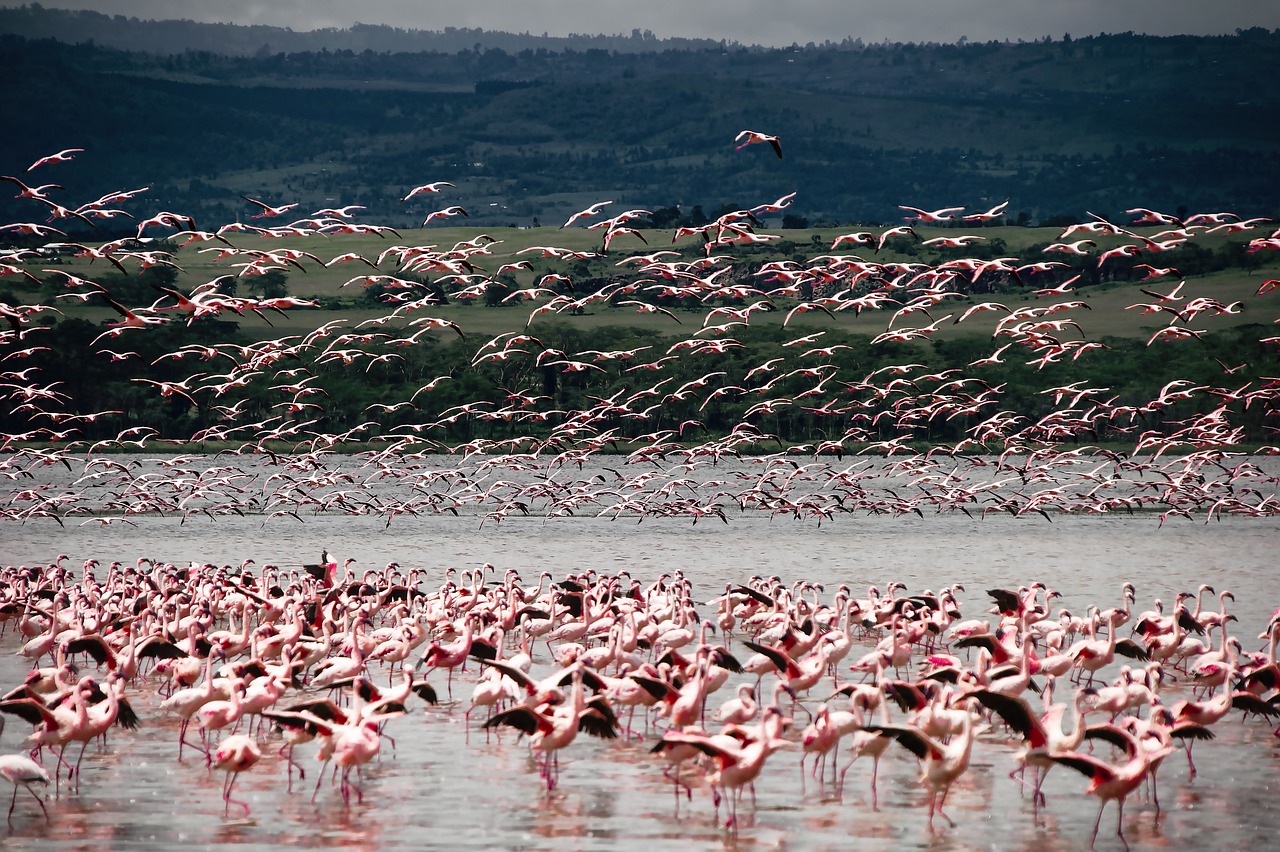Insider Tips: Avoiding Tourist Traps in Kenya
Kenya, known for its stunning landscapes, diverse wildlife, and vibrant culture, is a popular destination for travelers from around the world. However, like any tourist destination, it’s important to be aware of potential tourist traps that can hinder your experience. In this article, we will provide you with insider tips on how to avoid these traps and make the most of your time in Kenya.
Introduction
Kenya is a country located in East Africa, known for its breathtaking national parks, including the Maasai Mara, Amboseli, and Tsavo. It’s also home to Mount Kenya, the second-highest peak on the continent. With such natural beauty and cultural richness, it’s no wonder that Kenya attracts millions of tourists each year. However, it’s important to be cautious and informed to avoid falling into tourist traps that can spoil your trip. Here are some insider tips to help you navigate Kenya like a pro.
Getting Around
- Use reputable taxi services: When traveling within cities or towns, it’s best to use reputable taxi services like Uber or Bolt. These services provide safe and reliable transportation, and their prices are usually transparent and fair.
- Avoid unlicensed taxis: Be cautious of unlicensed taxis, commonly known as “matatus.” These are often overcrowded and may not adhere to safety regulations. Stick to licensed taxis or rideshare services for a safer travel experience.
- Negotiate fares in advance: If you choose to hire a taxi from a rank or off the street, negotiate the fare in advance to avoid any surprises. It’s advisable to agree on a price before getting into the vehicle.
Kenya Image 1: 
Accommodation
- Research before booking: Before booking accommodation in Kenya, do thorough research to find reputable hotels, guesthouses, or lodges. Check online reviews and ratings to ensure a comfortable and safe stay.
- Book directly with the property: To avoid extra fees or potential scams, it’s best to book your accommodation directly with the property. This way, you can communicate directly with the staff and clarify any doubts or special requests.
- Consider alternative accommodations: Kenya offers a variety of alternative accommodations such as eco-lodges, tented camps, and homestays. These options can provide unique experiences and help support local communities.
Popular Attractions
- Visit during off-peak seasons: To avoid crowds and higher prices, consider visiting popular attractions in Kenya during off-peak seasons. This will allow you to enjoy a more serene experience and potentially save money on accommodations and activities.
- Book guided tours: When visiting national parks or wildlife reserves, it’s advisable to book guided tours with reputable tour operators. They have extensive knowledge of the area and can enhance your wildlife viewing experience while ensuring your safety.
- Be respectful of wildlife: While visiting wildlife reserves, always maintain a safe distance from animals and follow the instructions of your guide. Do not attempt to touch or feed the animals, as it can be dangerous for both you and the wildlife.
Cultural Experiences
- Support local artisans: Kenya has a rich cultural heritage, and supporting local artisans is a great way to appreciate and preserve their traditions. Purchase crafts directly from artisans or visit cooperatives that promote fair trade.
- Engage with local communities: To gain a deeper understanding of Kenyan culture, consider participating in community-based tourism initiatives. These experiences allow you to interact with local communities, learn about their customs, and contribute to their sustainable development.
- Respect local customs and traditions: When visiting communities or cultural sites, it’s essential to respect local customs and traditions. Dress modestly, ask for permission before taking photographs, and follow any guidelines provided by your hosts.
Shopping and Markets
- Bargain wisely: Bargaining is common in Kenyan markets, but it’s important to do it respectfully. Start with a lower price and negotiate with a smile, but remember that the artisans and vendors rely on these sales for their livelihoods.
- Verify the authenticity of products: Kenya is known for its beautiful handicrafts and artwork. However, be cautious of counterfeit or mass-produced items. If you’re looking for authentic products, buy from reputable sellers or cooperatives.
- Be aware of pickpockets: Like in any crowded market, be cautious of pickpockets. Keep your belongings secure and avoid displaying valuable items openly. It’s advisable to use a money belt or a secure bag to protect your valuables.
Food and Restaurants
- Try local cuisine: Kenya offers a wide range of delicious traditional dishes. Don’t miss the opportunity to try local staples like ugali (a cornmeal-based dish), nyama choma (grilled meat), and samosas (stuffed pastries).
- Choose reputable restaurants: When dining out, opt for reputable restaurants that prioritize food safety and hygiene. Check online reviews or ask locals for recommendations to ensure a pleasant dining experience.
- Stay hydrated: Kenya’s climate can be hot, especially in certain regions. Stay hydrated by drinking bottled water or boiled water. Avoid consuming tap water or ice cubes that may not be safe.
Beach Safety
- Swim in designated areas: When visiting Kenya’s beautiful beaches, swim only in designated areas with lifeguards present. Pay attention to any safety warnings or flags indicating dangerous conditions.
- Protect yourself from the sun: Kenya’s coastal regions can be scorching hot. Protect yourself from the sun by wearing sunscreen, a hat, and lightweight clothing. Seek shade during the hottest hours of the day.
- Be cautious of strong currents: Some beaches in Kenya may have strong currents. If you’re not a strong swimmer, it’s best to avoid venturing too far from the shore. Always prioritize your safety.
Kenya Image 2: 
Nightlife Safety
- Stick to well-lit and busy areas: When enjoying Kenya’s nightlife, it’s important to stick to well-lit and busy areas. Avoid poorly lit streets or isolated places, especially late at night.
- Travel in groups: If you’re planning a night out, travel in groups whenever possible. This can help deter potential incidents and ensure everyone’s safety.
- Be cautious with drinks: As in any destination, be cautious with your drinks. Keep an eye on your beverage at all times and avoid accepting drinks from strangers.
Conclusion
By following these insider tips, you can avoid common tourist traps in Kenya and have a memorable experience exploring its natural wonders and immersing yourself in its vibrant culture. Remember to always prioritize your safety, respect local customs and traditions, and support sustainable tourism initiatives. Enjoy your trip to Kenya!
References
– TripAdvisor: www.tripadvisor.com
– Lonely Planet: www.lonelyplanet.com
– Kenya Tourism Board: www.magicalkenya.com
– Uber: www.uber.com
– Bolt: www.bolt.eu


